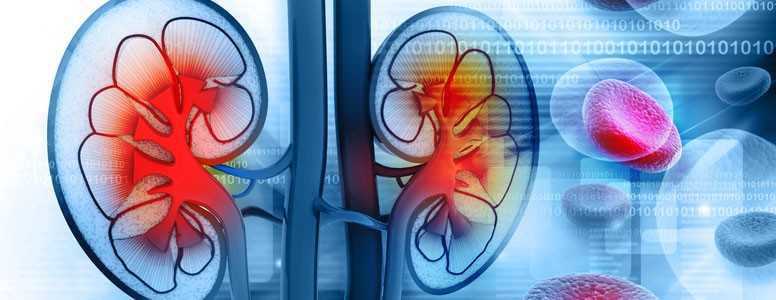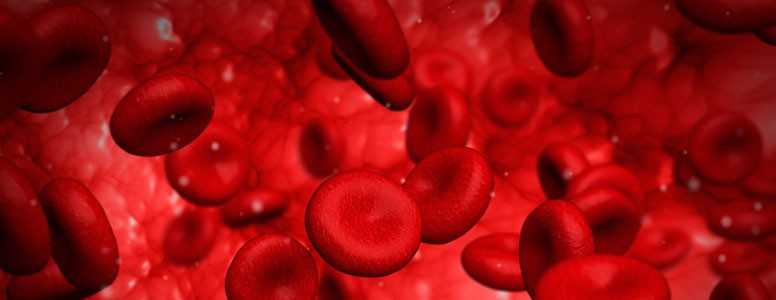An innovative international consortium has been launched to help improve current treatment options for diabetic kidney disease (DKD).
The new 29 million euro ‘Biomarker Enterprise to Attack Diabetic Kidney Disease’ project is bringing together experts from more than 20 academic institutions based in Europe and the USA.
Various pharmaceutical and biotechnology businesses as well as JDRF will also be involved in research efforts.
The BEAt-DKD project, which was funded by the EU and third-party organisations, will seek to identify new early markers of kidney disease in people with diabetes.
Researchers hope to identify clinical signs and biomarkers that could help detect and treat DKD before kidney function deteriorates.
One of the teams participating in this project, the German Universitätsklinikum Erlange, has been conducting the largest study on kidney disease in Europe since 2007.
Their GCKD study, which followed over 5,000 participants over a period of 10 years, revealed that there are significant differences in the progression of DKD compared to other forms of kidney disease.
Yet, current screening and diagnosis of DKD is similar to that of progressive chronic kidney disease.
Kidney disease is a general term that encompasses different diseases, disorders, and damages that can occur within the kidneys.
The methods for measuring and tracking kidney function needs to be more specific and examine the kidney complications caused by diabetes, which are still not yet understood.
The BEAt-DKD consortium aims to pinpoint associated biomarkers for each of those ways in which DKD manifests early o, which can then help predict the course of the disease.
Those biomarkers are measuring things like the filtering capacity of the kidneys, the presence of compounds that are released in the urine when the kidneys are damaged, levels of certain proteins in the bloodstream indicative of kidney failure.
Those novel biomarkers could help assist the early diagnosis and immediate intervention in DKD, which is critical to slow the progression of disease.
What's new on the forum? ⭐️
Get our free newsletters
Stay up to date with the latest news, research and breakthroughs.







